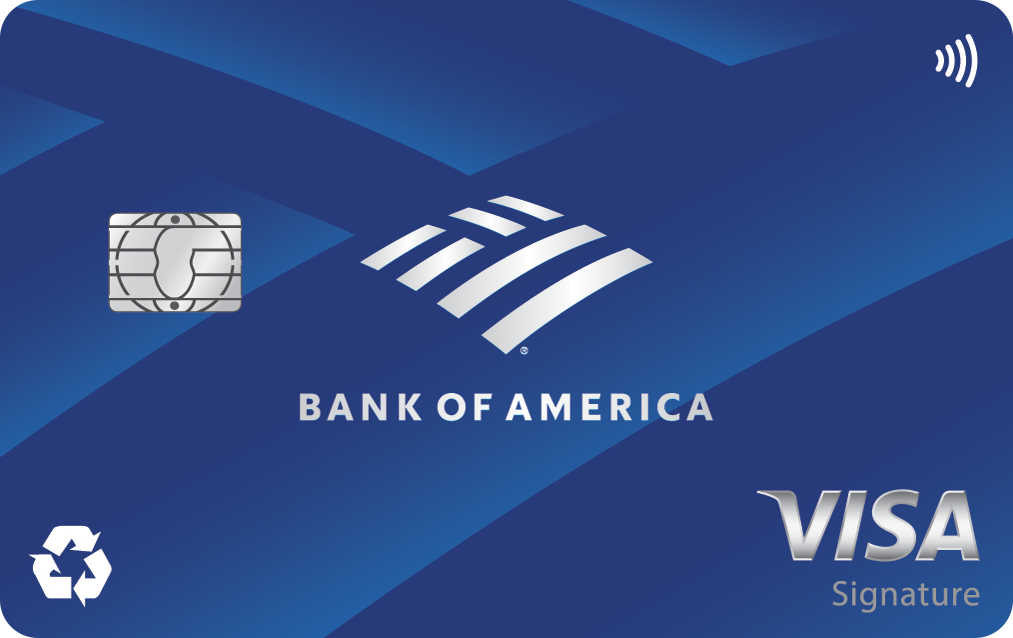How to Handle Debt Collectors: Everything You Need to Know
Debt collectors keep calling? Here's all the info you need to deal with them.
If you've ever dealt with a debt collector, then you know that they can make your life absolutely miserable. They call you nonstop, they're always trying to get money out of you, and you're constantly reminded of the debt you have hanging over your head.
But here's the thing about debt collectors: When you know what your rights are and how to negotiate your debt, it makes the entire process a lot easier. Since they're not about to tell you all their secrets, here's the scoop on how to handle the dreaded debt collector.
How debt collection works
When you have a bill that's past due, the creditor can either try to get you to pay themselves or send the bill to a collection agency. If they send the bill to collections, there are two ways it can work:
- The creditor sells the debt to the collection agency, at which point the collection agency owns the debt.
- The creditor hires the collection agency to collect for them in exchange for a cut of the debt.
Once your debt is in the hands of a collection agency, they'll do their best to get you to pay.
Wondering how far past due your bill must be before it will get turned over to a collection agency? That all depends on the creditor. Technically, creditors can send a debt to collections as soon as it's past due, but most will wait at least a few months and try to collect it on their own.
Where to start when a debt collector contacts you
If you've been contacted by a debt collector, the very first thing you should do is ask them to verify the debt in writing. Then tell them you don't want to speak to them further until you've received that verification.
Debt collectors are required to provide verification of your debt within five days. Once you have that written verification, you can check whether the debt is legit and dispute it within 30 days if it isn't.
This is also a good way to weed out scam artists. There are plenty of shady companies out there that will try to get you to pay them money right away for some made-up debt. Don't let them intimidate you. If they won't verify the debt in writing, then they're not legit.
Next, check the date of the debt and compare that to the statute of limitations on debt in your state. If your debt is past the statute of limitations, then you don't need to pay it.
One crucial thing to remember about statutes of limitations is that in some states, the statute of limitations will reset if you make any sort of payment on your debt. Debt collectors will sometimes ask you to make a small payment "in good faith" when they first speak with you. You should never do this, because that could end up making an expired debt legally valid again. Verify the validity of the debt first, and then you can move on to negotiating a payment.
Negotiating with debt collectors
Once you've established that the debt is valid and that it's within the statute of limitations, it's time to negotiate. There are two goals here:
- Settle the debt for the smallest amount possible.
- Get the debt taken off your credit file.
As you negotiate, the key is to lowball. Remember that the collection agency bought your debt for pennies on the dollar. Don't be afraid to offer them 10% or 20% of the total amount. If they say no, have them make you an offer.
Once you've settled on an amount, you want to ask for what's known as a "pay for delete." That means you pay the agreed-upon amount, and in return, the collection agency deletes the debt from your credit file.
Pay-for-deletes are a bit of a gray area. The credit reporting bureaus tell collection agencies not to delete debts, but many agencies will do it anyway. Although your priority should be to get the debt taken care of, try to get a pay-for-delete if you can, as it will improve your credit.
How to pay a debt collector
After you've agreed on the terms of your payment, here's how to get your debt paid off:
- Have the debt collector send you confirmation in writing of the settlement terms.
- Send a certified check or money order to the collection agency. You can get a certified check through your bank, and with some of the best bank accounts, it's free of charge.
It's important that you get the terms in writing just in case the collection agency doesn't follow through on the agreement.
While it may be more convenient to make a direct payment from your bank account or write a check to the collection agency, both would give the collection agency your account information. It's best to avoid that so you eliminate the possibility of a debt collector taking more than you agree to without authorization.
Rules that debt collectors must follow
The Federal Trade Commission (FTC) has regulations in place regarding what debt collectors can and cannot do. Here are the most important debt collector rules you should be aware of:
- They can't call you before 8 a.m. or after 9 p.m. without your permission.
- They can call you at work, but if you ask them not to, they must stop.
- You can get debt collectors to stop calling you by sending them a letter requesting that they cease all communications. At that point, they can only contact you again to let you know that they are ceasing communications or that they're taking an action with your debt, such as suing you.
- If you have an attorney, you can explain that to the debt collector, at which point all communications must go through your attorney.
- Besides yourself and your attorney, the only person a debt collector can speak with about your debt is your spouse.
- Debt collectors cannot lie to you, threaten you, or harass you.
- A debt collector can only garnish your wages or take money from your bank account without your consent if they sue you, win, and obtain a court order to do so.
If a debt collector breaks any of these rules, you can report them to the FTC.
Getting rid of your debt
Talking to debt collectors is never the most pleasant experience, but it doesn't need to stress you out, either. Take it step by step, starting with verification that it's a debt you owe that hasn't passed the statute of limitations.
After that, you can negotiate down to a settlement amount that you can handle. Also take some time to evaluate what happened and why you had a debt in collections, as that's one sign you need to improve your money management.
Our Research Expert
We're firm believers in the Golden Rule, which is why editorial opinions are ours alone and have not been previously reviewed, approved, or endorsed by included advertisers. Motley Fool Money does not cover all offers on the market. Motley Fool Money is 100% owned and operated by The Motley Fool. Our knowledgeable team of personal finance editors and analysts are employed by The Motley Fool and held to the same set of publishing standards and editorial integrity while maintaining professional separation from the analysts and editors on other Motley Fool brands. Terms may apply to offers listed on this page. APYs are subject to change at any time without notice.



